Brexit should not end UK financial firms' access to EU, says FCA
- Published
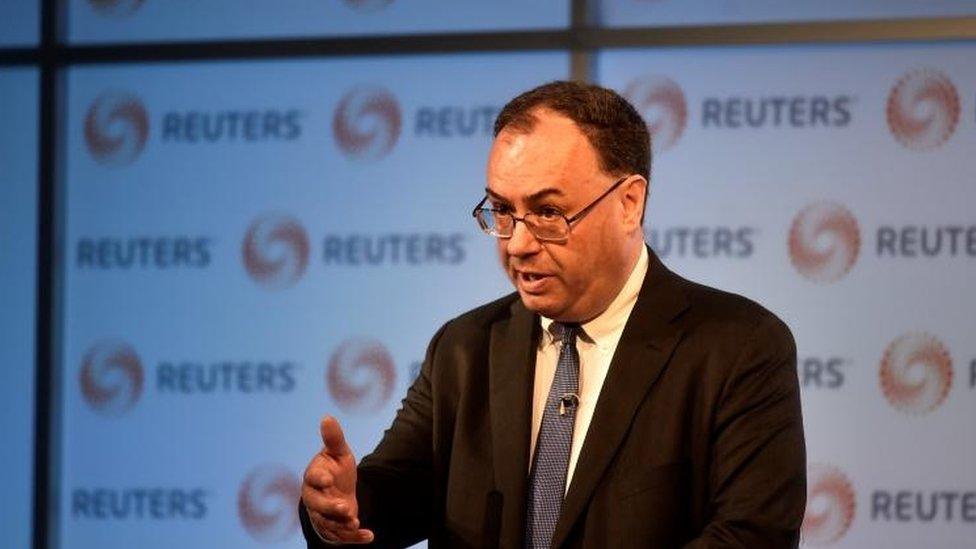
Andrew Bailey suggested the City of London should be given a transitional period
Brexit should not end open financial markets in Europe, the head of the UK's Financial Conduct Authority has said.
Andrew Bailey said there should be common rules and a mechanism for resolving disputes between UK and EU financial firms following Brexit.
He said UK firms should to be given more information on plans for Brexit before the end of this year.
But he admitted the picture he was painting was "what we should aspire to" rather than a definite prediction.
"My question is... whether restricting trade is an inevitable or a necessary response to Brexit and in the interests of anyone?" he said.
"I hope you will not be surprised to hear that my answer to these is 'No'".
He was speaking to an audience of business journalists and representatives of the financial services industry at Thomson Reuters in Canary Wharf and addressing concerns over what will happen to London's large financial services industry after the UK leaves the European Union.
He suggested the City of London should be given a transitional period during which it could "continue with current arrangements while whatever comes next, is put into effect".
Banks and other financial institutions are drawing up contingency plans and some have indicated they plan to shift jobs and business to other European locations once the UK leaves the European Union.
Mr Bailey said firms would need more information on the government's Brexit blueprint by the end of this year if they were to avoid putting those contingency plans into action.

Analysis: Jonty Bloom, BBC business correspondent
What Brexit will look like and how it will work seem increasingly to depend on where you are standing.
Michel Barnier, the EU's Chief Negotiator for Brexit warned today that you are either in the Single Market or you are not, there can be no special deals for different parts of the economy; while Andrew Bailey, the head of the FCA, the UK finance industry's regulator, says firms won't have to move to the EU after Brexit nor do you have to be in the single market to get the benefits of free trade with the EU.
It may seem difficult to reconcile those views, but not impossible.
Andrew Bailey sees a deal negotiated between the UK and the EU which respects each others' rules and regulations, coordinates regulation and agrees on a mechanism to solve disputes.
But he also added firms in the City would want to see the details such a deal by the end of this year, or they might decide the risks are too high of no deal being agreed and decide to move anyway.
That timetable seems very ambitious, the talks have yet to agree on such details as citizens' rights or the bill for leaving, if any.
While Mr Barnier's emphasis that there will be no special deals for different British industries, seems to undermine the British financial sector's demand that it maintains open access to the EU.
As Mr Barnier also said today, the EU has made its views very clear on these issues but he was "not sure they have been fully understood across the Channel."


Other European countries have indicated they would like to see more business, such as the clearing of euro denominated derivatives, which London dominates, move to cities remaining within the EU.
"When I hear people say that firms need to relocate in order to continue to benefit from access to EU financial markets, I start to seriously wonder: Does Brexit have to mean abandoning the benefits of free trade and open markets in financial services? It should not," Mr Bailey said.
"Does it require membership of the Single Market to get the benefits of free trade with the EU? No."
Mr Bailey said that while he viewed competition between locations as healthy, Brexit should not be used as an excuse to restrict where firms located their operations, or activities such as clearing.
He said he hoped there could be a sensible and pragmatic solution to maintaining open markets in financial services and that four key elements that would be required to make that work: "comparability of rules, but not exact mirroring; supervisory co-ordination; exchange of information; and a mechanism to deal with differences when they occur."
"My own view is quite clearly what comes next should not look very different to what we have now but we require some sort of institutional view to make it work."
- Published16 June 2017
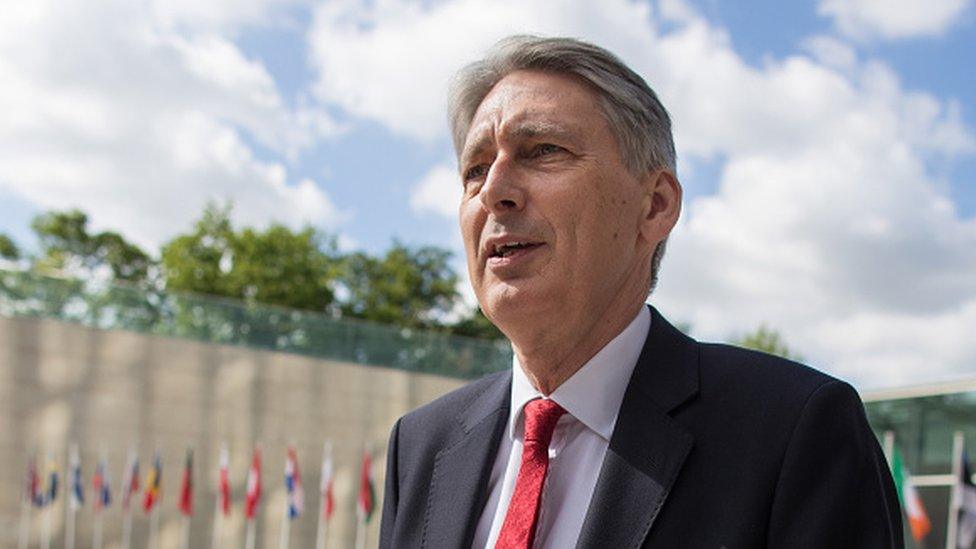
- Published16 March 2017
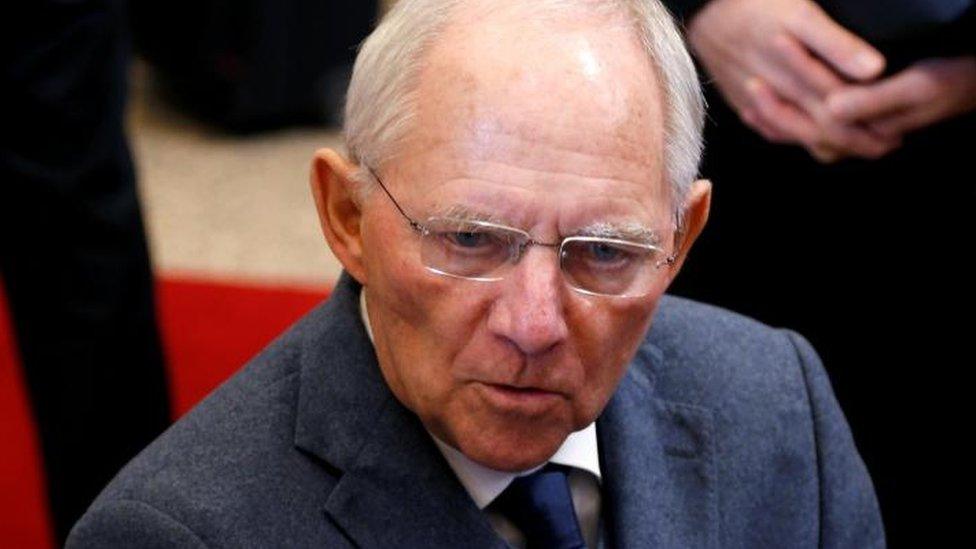
- Published9 April 2017

- Published26 April 2017
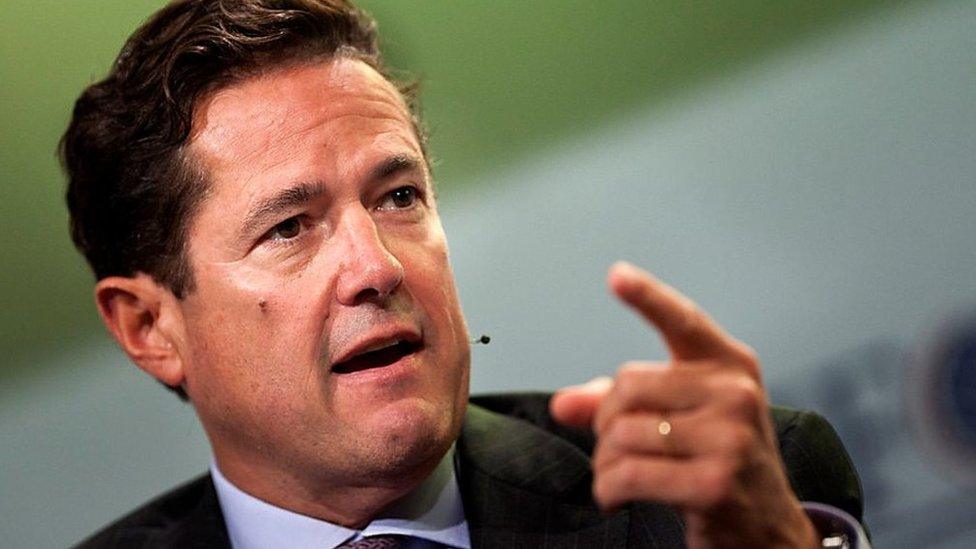
- Published13 June 2017
- Published7 April 2017
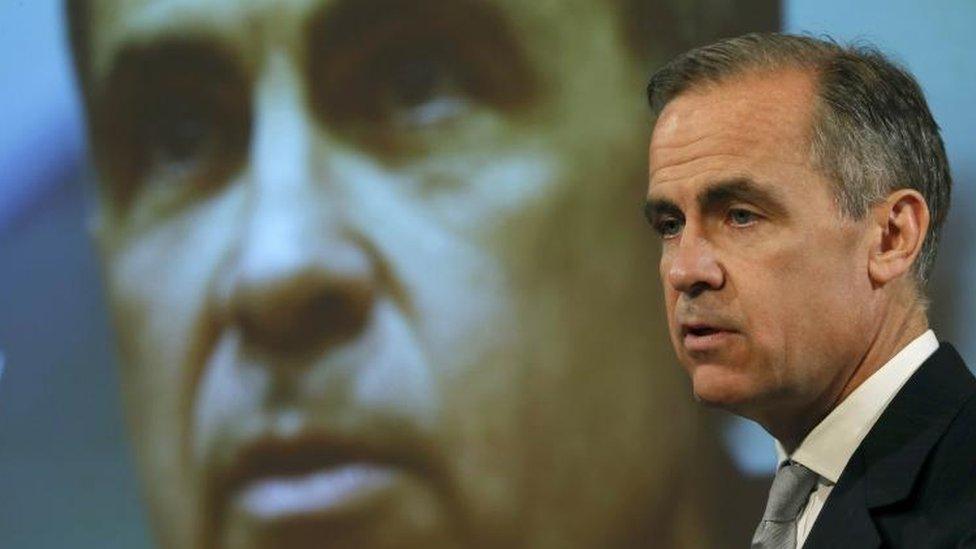
- Published3 July 2017
